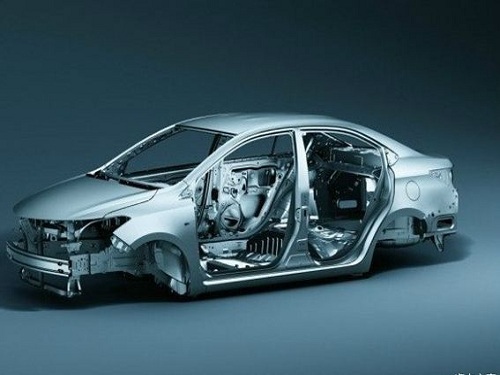A few days ago, someone asked me what car I should buy. Like most people who consulted Xiao Bian to buy a car, she also came to the phrase "Do not want Japanese cars." I ask why? The answer is "unsafe." Why do you think that Japanese cars are not safe? "Everybody says that."
Rock wool,glass wool and mineral wool is widely used for roof or building.(USA : 84%, Europe : 42%)
Our mineral wool and rock wool sandwich roof panel production line is a fully automation equipment system to produce various shapes of sandwich roof or wall panels .
The final product can be cut as per set length controller,and the length is automatically measured by encoder.When final product reached set length,machine will stop to cut the sheet automatically.Finish thhis action,the machine will run again continuously
Mineral Wool Sandwich Panel Forming Machine Mineral Wool Sandwich Panel Forming Machine,Eps&Rock Wool,Production Line Prices,Rock Wool Roll Forming Botou Golden Integrity Roll Forming Machine Co.,Ltd , https://www.jcxsteelrollformer.com
Xiao Bian thinks that this should be a kind of comment on "believing the eyes of the masses". But to put it more plainly, this is blind obedience. Why do you think Japanese cars are not safe? Most people don't know why, but they are just a few people. Together with the high fever of anti-Japanese sentiment, there is more and more room for the insecurity of Japanese cars.
The most reliable data that proves safety insecurity should be the accident rate of traffic accidents. According to Xiao Bian, if statistics are available to prove that the accident rate of traffic accidents in Japanese cars is higher than that of German-American Department, then this argument can be established.
Unfortunately, no such data is currently available, so the question of who is safer than anyone, although it will continue to be debated, will not have any definite results. Because of this, Japanese companies continue to talk about how safe they are, but they seem to be ineffective and convinced.
Aside from the safety of Japanese cars, there are still a few friends who are still wondering how thick the car covers are when selecting a car, and how many airbags the car is equipped with. It seems to be more professional, but in fact it is also plunged into the misunderstanding of the concept of "half crane car god". What we really want to look at is whether the layout of the body structure is reasonable and whether the strength is sufficient in terms of passive safety. For the average consumer, these are actually very difficult to understand, so they have to settle for the second place and nitpicking on some inconsequential factors.
Of course, we cannot completely blame our friends for being ignorant or obedient. Professionals should be professional people. But now, whether it is some collision testing standards or the company itself is conducting security marketing, some media are holding other people's money to do security evaluation for users when they conduct security assessments. In the long run, the public credibility is lacking, and users are naturally at a loss and can only “come on their own†to judge the merits of security with limited knowledge.
Xiao Bian feels that in terms of security, facts cannot be distinguished by factions, because no matter which country's car companies are developing new cars, safety can be said to be in the most important position.
In recent years, Japanese cars have recognized their own weaknesses in security public opinion. Toyota and Honda have carried out more vigorous publicity in the past year or two. Toyota's GOA body must have been familiar to everyone. Honda's car-to-collision test included many domestic media colleagues including Yuki who had visited Japan. We have also seen many related reports, and Nissan’s publicity in security seems to be very few. See you.
Last week, at the Ninth China Road Traffic Safety Forum in 2015, Xiao Bian and Nissan Motor Co., the head of the Vehicle Performance Development Department, Takahashi Takahashi, had an exchange. This exchange made Xiao Bian recognize two things. The first is that for road traffic safety, Japanese car companies believe that the most important thing is to begin with the safety awareness of all participants on the road; second is the future of car safety. It will take the initiative as the mainstay, and the passive as the supplement; the prevention will be the mainstay and protection will be the new phase.
What was most impressive about this exchange for Xiao Bian was that Nissan, like Toyota and Honda, did a lot of work on the public’s traffic safety education. This is an effective means for Japanese road companies to endorse road traffic safety. one. This is indeed the case. Road traffic safety is not only the safety of drivers but also all road participants. In this regard, other factions and even our Chinese brands do not do much.
Regardless of the specific safety of Japanese vehicles, the training of the concept of safety for adults and children in China is actually their contribution to China's road traffic safety. When we drive, we often see pedestrians flickering red lights, electric bicycles suddenly turning from the main road to the main road, other vehicles indiscriminately and line; and we walk on the road, we often see speeding driving, parking in the pedestrian lane Or gallop.
If these violations of road traffic rules are much less, road traffic safety will rise to a new level. Who is doing the road safety education for the people? In the impression of Xiao Bian, it seems that only the Japanese department is doing the promotion.